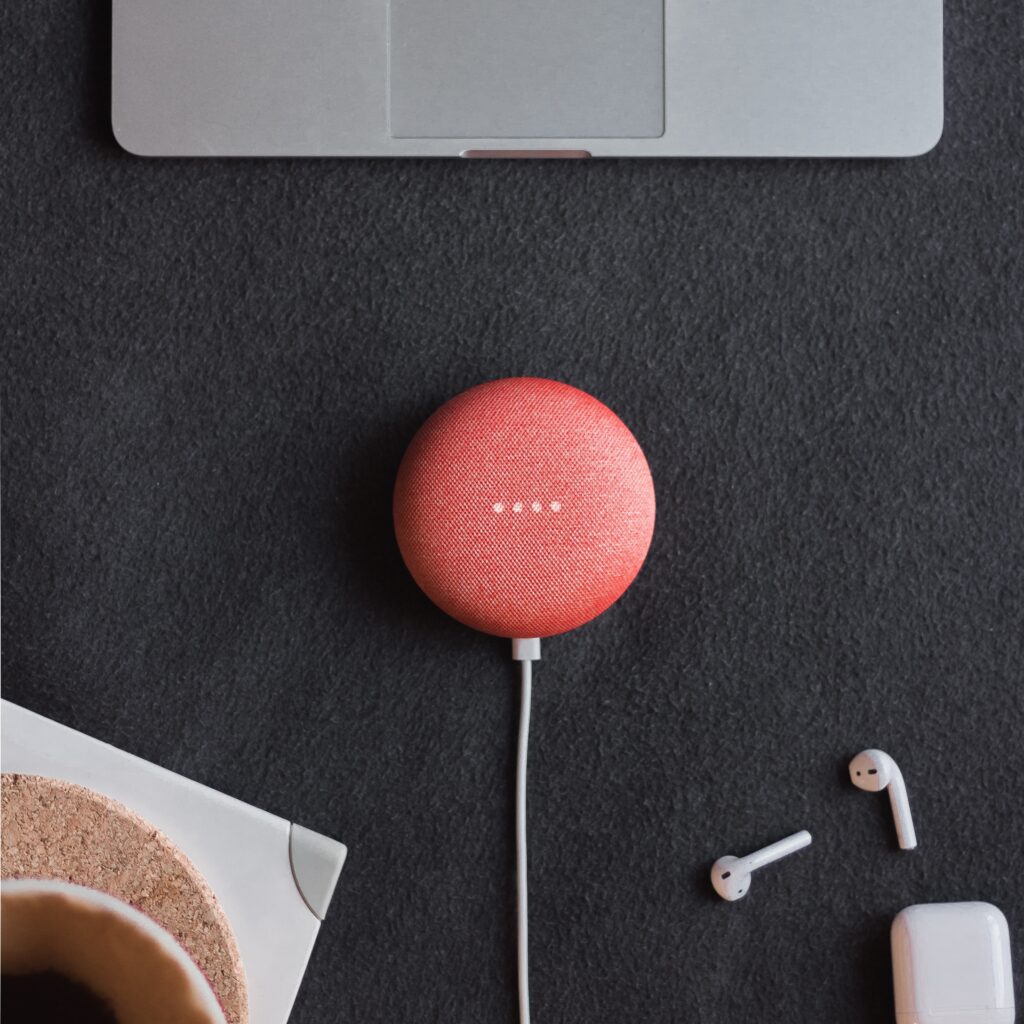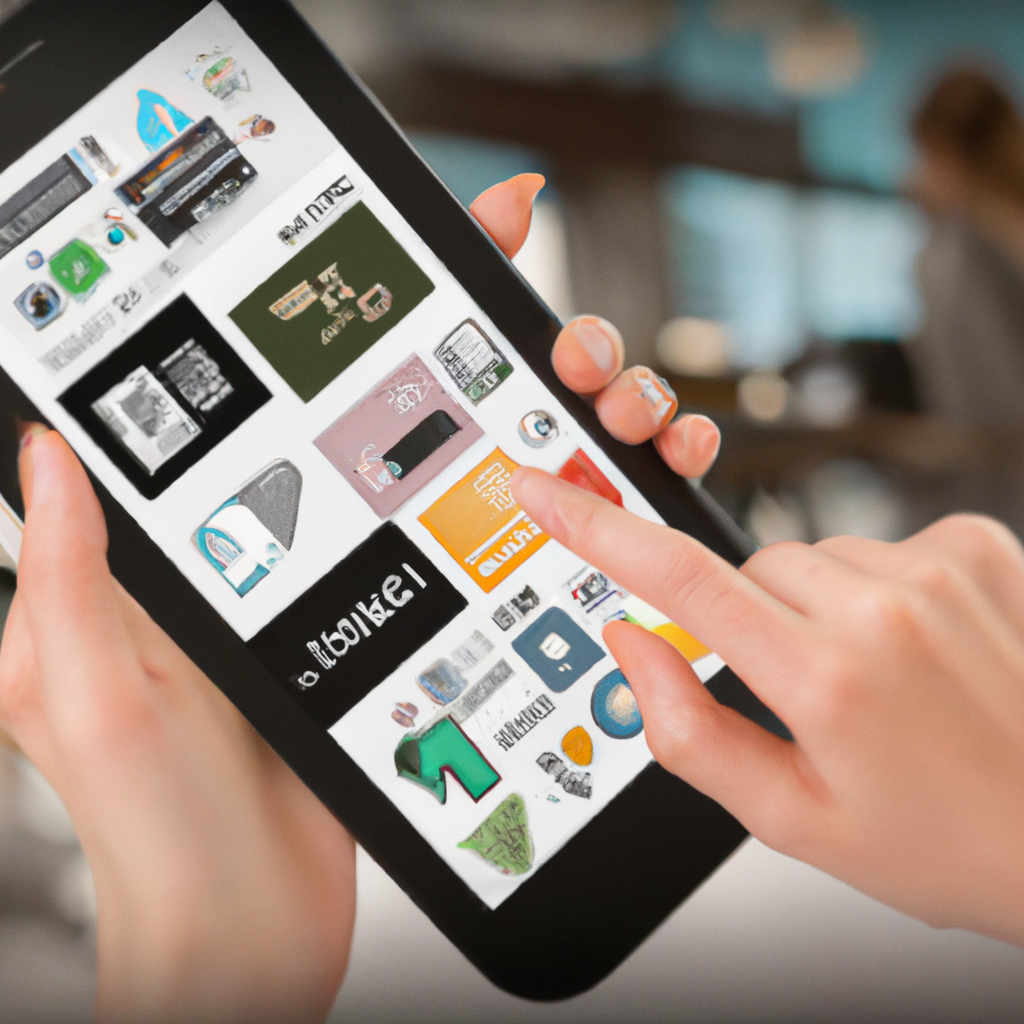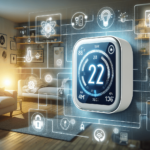Have you ever wondered if using smart entertainment solutions can save you money? In today’s fast-paced world, technology has revolutionized the way we entertain ourselves. From smart TVs to voice-controlled speakers, these innovative devices offer convenience and endless possibilities. In this article, we will explore the potential cost savings that come with incorporating smart entertainment solutions into your lifestyle. Whether it’s reducing energy consumption or eliminating the need for multiple devices, you’ll discover how these modern gadgets can not only enhance your entertainment experience but also help you save money in the long run. So, let’s delve into the world of smart entertainment and uncover the financial benefits that await you.

Reduced Energy Costs
Energy-efficient devices
By investing in energy-efficient devices for your smart home, you can significantly reduce your energy costs. These devices are designed to use minimal power while still providing the necessary functionality. Smart home appliances, such as refrigerators, washing machines, and air conditioners, are equipped with advanced technology that optimizes energy usage. This means that you can enjoy the convenience of these devices without having to worry about high electricity bills.
Smart thermostats
One of the biggest contributors to energy waste is inefficient heating and cooling systems. However, by installing a smart thermostat in your home, you can dramatically reduce your energy costs. Smart thermostats have built-in sensors that can detect when you’re away from home and adjust the temperature accordingly. This ensures that you’re not wasting energy by heating or cooling an empty house. Additionally, smart thermostats can learn your preferences and create energy-saving schedules that align with your daily routine.
Smart lighting
Traditional incandescent bulbs are not only energy-intensive but also tend to get left on unnecessarily. With smart lighting systems, you have the ability to control and automate your lights to minimize wasted energy. Smart bulbs use LED technology, which is significantly more energy-efficient than incandescent bulbs. Furthermore, you can program your smart lights to turn on and off automatically based on motion detection or a predetermined schedule. By investing in smart lighting, you can reduce your energy consumption and enjoy cost savings.
Lower Maintenance Expenses
Automated updates and repairs
One of the benefits of having a smart home is the automated updates and repairs that come with it. Smart devices are designed to continually receive software updates to improve their performance and fix any bugs or security vulnerabilities. These updates are usually done automatically, so you don’t have to worry about manually installing them. Additionally, smart devices can detect and report any issues they encounter, allowing for prompt repairs before they become major problems. This automation not only saves you time and hassle but also reduces maintenance costs.
Remote troubleshooting and diagnostics
In the past, when a home appliance or device had an issue, you would need to schedule a service call and wait for a technician to diagnose and fix the problem. However, with smart home technology, troubleshooting and diagnostics can be done remotely. Smart devices can be connected to the internet, allowing technicians to access them remotely and identify potential problems. This means that many issues can be resolved without the need for on-site visits, saving you both time and money.
Streamlined Entertainment Packages
All-in-one smart entertainment systems
Owning multiple devices for entertainment purposes can be expensive and cluttered. However, with the advancements in smart technology, you can now streamline your entertainment setup with all-in-one smart entertainment systems. These systems combine various functionalities, such as streaming services, gaming consoles, and audio systems, into a single device. Not only does this simplify your setup, but it also reduces the cost of purchasing and maintaining multiple devices.
Reduced subscription costs
As streaming services continue to grow in popularity, traditional cable and satellite subscriptions are becoming less necessary. By embracing smart entertainment solutions, you can save money on expensive cable packages and opt for more affordable streaming subscriptions. Many smart TVs and streaming devices offer access to popular streaming platforms, allowing you to enjoy a wide range of content without the need for costly cable subscriptions.
Smart TVs
Investing in a smart TV can significantly lower your entertainment costs. These televisions are equipped with internet connectivity, allowing you to access a vast array of streaming services directly from your TV. This eliminates the need for additional streaming devices and simplifies your entertainment setup. Moreover, smart TVs often come with built-in features that enhance your viewing experience, such as voice control and personalized recommendations.
Decreased Equipment Costs
Elimination of multiple devices
With a smart home setup, you can eliminate the need for multiple devices by combining their functionalities into a single smart device. For example, instead of having a separate speaker system, smart hub, and security cameras, you can invest in a smart hub that integrates all these functions. This consolidation not only saves you money by reducing the number of devices you need to purchase but also simplifies the management and operation of your smart home.
Consolidation of functionalities
Smart devices are designed to be multi-functional, allowing you to consolidate various features and capabilities into a single device. For instance, a smart speaker can serve as a music player, voice assistant, and home automation controller all in one. By investing in these versatile devices, you can avoid the cost of buying separate gadgets for different purposes and enjoy the convenience of having everything integrated into one device.

Efficient Resource Management
Optimized resource utilization
Smart home technology enables efficient resource management by optimizing the utilization of various resources in your home. For example, smart irrigation systems can monitor weather conditions and soil moisture levels to provide the right amount of water to your garden, minimizing water waste. Additionally, smart appliances can adjust their energy usage based on factors such as peak hours and energy tariffs, optimizing resource consumption and reducing costs.
Smart scheduling and automation
By incorporating smart scheduling and automation into your home, you can further enhance resource management and save costs. Smart devices can be programmed to operate at specific times or under certain conditions, ensuring that they are only active when needed. For instance, you can schedule your smart thermostat to adjust the temperature based on your daily routine, optimizing energy usage and reducing heating and cooling costs. Automation also enables you to remotely control and monitor your devices, providing you with greater control over your resource management strategies.
Minimized Wasted Resources
Reduced power consumption
One of the key advantages of smart home technology is its ability to minimize power consumption. Smart devices are designed to be energy-efficient, consuming less power while still delivering the required functionality. This leads to significant cost savings in the long run, as your electricity bills will be reduced due to lower power consumption. By investing in smart appliances and devices, you can actively contribute to a greener environment while saving money on energy costs.
Smart power management
Smart power management features enable you to monitor and control the power usage of your devices. With this functionality, you can identify energy-hungry devices and take steps to optimize their usage. For example, you can set timers or schedules to turn off devices when they are not in use, reducing standby power consumption. Furthermore, some smart power management systems can provide real-time data on energy consumption, allowing you to make informed decisions about your usage patterns and identify areas where you can save costs.

Enhanced Longevity of Devices
Efficient power management
Smart devices are equipped with advanced power management features that help prolong their lifespan. By optimizing power usage and preventing unnecessary strain on internal components, these devices experience less wear and tear. Additionally, smart devices often receive regular software updates that not only improve performance but also enhance power efficiency. With their longer lifespan, you can avoid frequent replacements, saving you money on purchasing new devices.
Reduced wear and tear
Traditional devices are often subjected to constant usage, leading to wear and tear over time. However, smart devices are designed to be more durable and efficient, resulting in reduced wear and tear. For example, smart home security cameras are built with high-quality materials and are resistant to harsh weather conditions, ensuring a longer lifespan. By investing in smart devices, you can minimize repair and replacement costs, thereby saving money in the long term.
Remote Monitoring and Control
Remote access and control
One of the significant advantages of smart home technology is the ability to remotely monitor and control your devices. Whether you’re at work or on vacation, you can access your smart home system through a smartphone app or a web portal. This allows you to check the status of your devices, adjust settings, and receive notifications in real-time. Not only does remote monitoring provide peace of mind, but it also allows you to actively manage your energy usage and other resources, resulting in significant cost savings.
Monitoring energy usage
Smart home technology provides detailed insights into your energy usage, enabling you to identify areas where you can reduce consumption and save costs. Many smart devices and energy management systems offer real-time energy monitoring, allowing you to track the usage of individual appliances and identify energy-hungry devices. With this information, you can make informed decisions about your energy consumption, implement energy-saving measures, and ultimately reduce your energy bills.

Decreased Repair and Replacement Costs
Early problem detection
Smart devices are equipped with sensors and advanced analytics capabilities that can detect potential issues before they escalate into major problems. For example, a smart thermostat can notify you if it detects a malfunction in your HVAC system, enabling you to take prompt action. By detecting problems at an early stage, you can minimize the need for costly repairs and potentially save money on replacement costs.
Increased device lifespan
The enhanced durability and efficient power management features of smart devices contribute to their extended lifespan. As mentioned earlier, smart devices are designed to withstand wear and tear better than their traditional counterparts. Additionally, regular software updates improve the performance and longevity of these devices. By investing in smart home technology, you can reduce the frequency of repairs and replacements, leading to cost savings over time.
Smart Home Insurance Discounts
Reduced insurance premiums
Many insurance providers offer discounts for homeowners who have installed smart home devices. These devices enhance home security and reduce the risk of accidents, making your home safer and less prone to damage. By investing in smart home technology, you can lower your insurance premiums and enjoy financial benefits in the form of reduced monthly payments.
Enhanced home security
Smart home security systems provide advanced features such as surveillance cameras, motion sensors, and remote access. These features work together to enhance the security of your home and reduce the risk of break-ins and burglaries. Insurance providers recognize the value of these security systems, which is why they often offer discounts to homeowners who have implemented them. By taking advantage of these discounts, you can protect your home while saving money on insurance premiums.
In conclusion, the potential cost savings of using smart home solutions are substantial. From reduced energy costs to lower maintenance expenses and streamlined entertainment packages, investing in smart technology offers numerous financial benefits. By embracing the efficiency, convenience, and automation that smart home technology provides, you can significantly reduce your expenses and enjoy long-term cost savings. Additionally, the enhanced security and remote monitoring capabilities of smart home systems can help protect your assets and further decrease the likelihood of costly repairs or accidents. So, don’t hesitate to transform your home into a smart home and start reaping the financial rewards.











